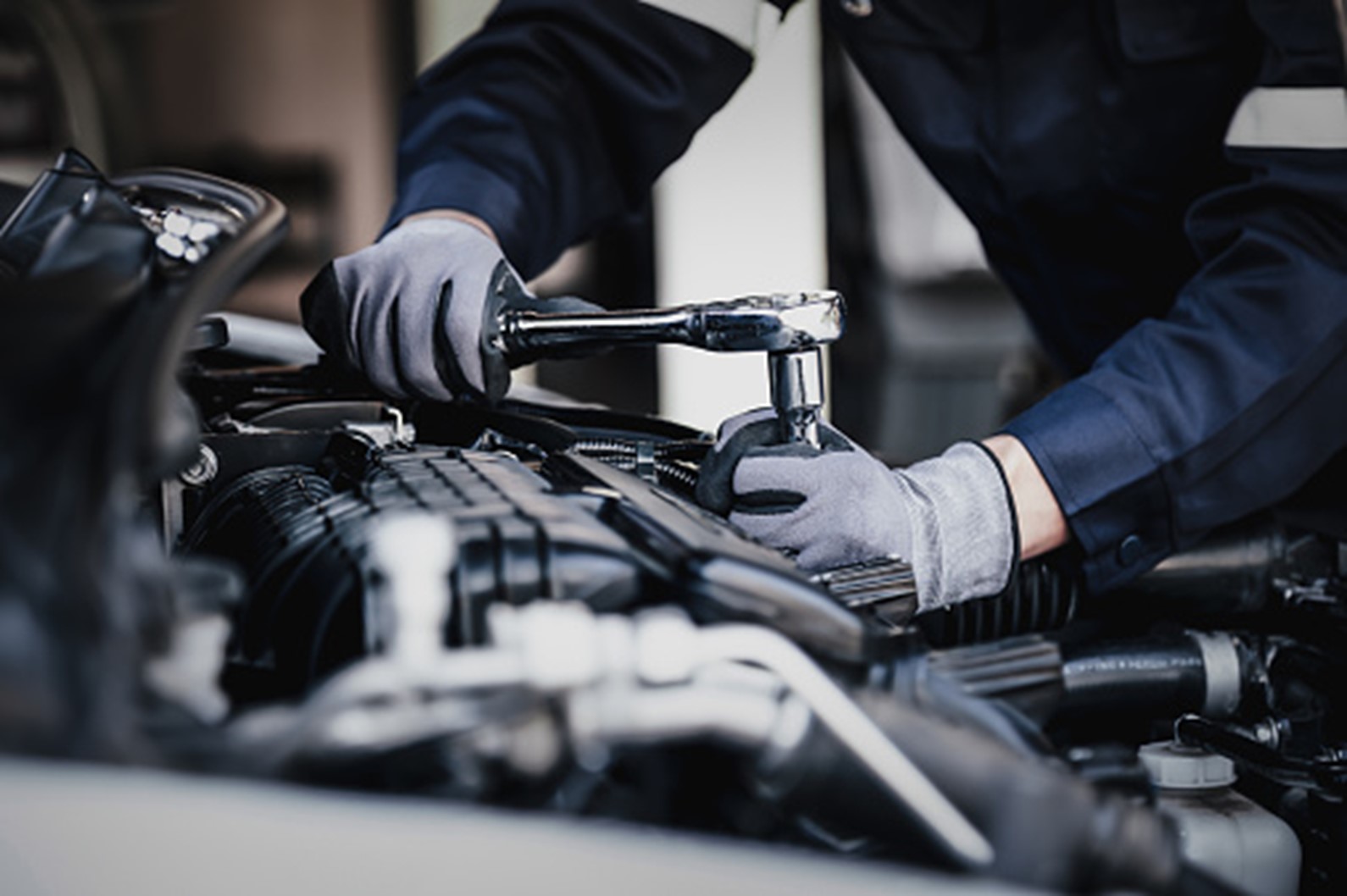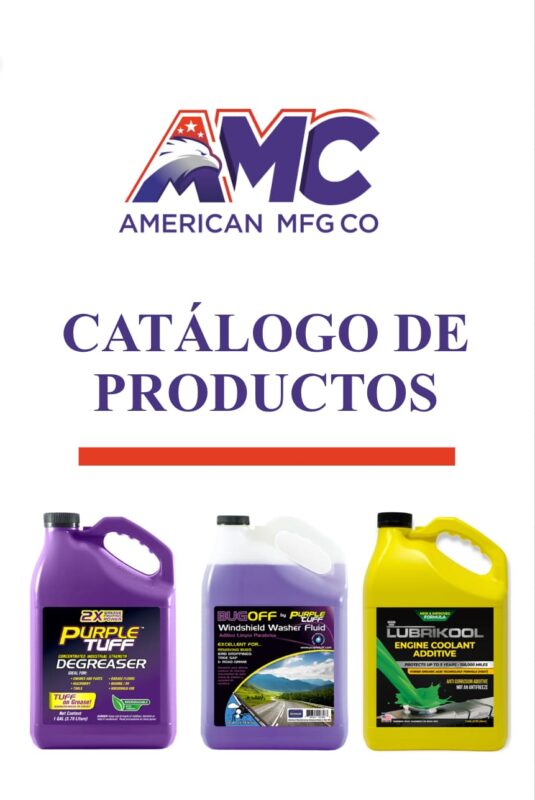Blog
Planning a Road Trip? Get Your Car’s Engine Checked

For many people, the idea of hopping in a car and embarking on a trip to a new destination is nothing short of a vacation. The joy of a road trip, with the cool breeze brushing your hair, is universal. Road trips are fun because they allow you to explore new things and experience nature at its finest. But what happens if your car breaks down in the middle of nowhere? It’s a situation everyone dreads, especially when you’re far from help. That’s why vehicle maintenance is so important.
People take road trips to find peace and escape the daily struggles of life—not to be stranded in a place with no assistance. When that happens, all you can do is regret not being more careful with car maintenance. Committing to regular vehicle upkeep is essential to avoid stressful situations that arise unexpectedly while you’re enjoying your journey. Many car owners mistakenly think maintenance is only about cleaning the engine. In reality, regularly inspecting the engine and other key components is crucial to prevent setbacks. Planning a road trip without knowing the condition of your car is risky and could leave you stranded. This blog will guide you on how to plan a safer trip by covering the basics of engine and vehicle maintenance.
The Importance of Regular Car Maintenance
A car’s engine consists of multiple components that must function optimally to ensure peak performance. A single faulty part can bring the entire vehicle to a halt. That’s why it’s crucial to perform regular maintenance before hitting the road. While the future is uncertain, checking your car before your next destination helps prevent unnecessary problems. Many car owners are unsure how to prepare for a road trip, but it’s simpler than it seems—you only need to check a few key areas to be ready for your adventure.
Check the Car Battery
The battery is the energy center of your car’s engine. Before planning a road trip, it’s essential to inspect it. Damaged battery connections can cause the engine to stop running, leaving you stranded while trying to figure out which cable is the culprit. Whether you use a standard battery or a dry cell, make sure all connections are secure. Also, check for fluid leaks that could cause corrosion on the terminals.
Check Engine Fluids
Fluids are like food for your car. No maintenance routine is complete without checking fluid levels. Don’t forget to inspect the engine oil, power steering fluid, brake fluid, and coolant before heading out. Proper fluid levels optimize performance and prevent engine failure. If your car needs an oil change, it’s best to take care of it before your trip.
Test Lights and Electrical Equipment
Road trips are unpredictable, so you need to be ready for anything. The best way to eliminate uncertainty is by checking your car’s lights and electrical systems. Test all lights and cables during routine maintenance at a workshop. This ensures safe driving at night or through isolated areas, like forests.
Inspect the Brakes
Before a road trip, check your brakes. If you hear unusual noises, such as squealing when braking, it might be time to replace the brake pads. Having a professional inspect your brakes is always a good idea to avoid accidents. Proper brake maintenance is essential for your safety and that of your passengers.
How to Protect Your Car’s Engine
Regular maintenance is key to prolonging your vehicle’s life. It enhances performance and ensures a smoother, safer road trip. Protect your car’s internal components by performing routine inspections and checking fluid levels. Additionally, monitoring tire pressure helps maintain optimal balance and safety.
Are you looking for the best engine fluids for your car? American MFG provides high-quality products, including premium engine fluids, to keep your car running efficiently and performing at its best. Don’t wait—order today and protect your car’s engine for many miles of trouble-free driving.




